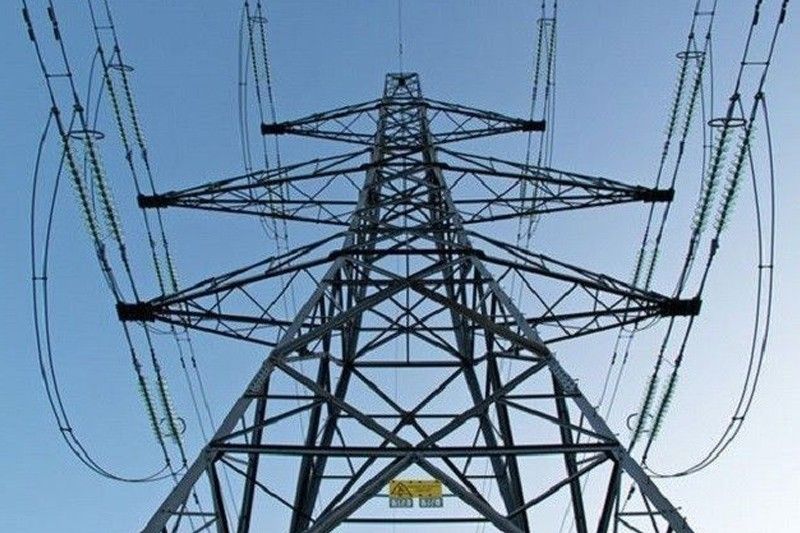ERC boosts initiatives to lower electricity rates
from The Philippine Star

“The Commission has been advocating for the promotion and protection of consumers’ interests, most especially during these challenging times, to ensure that they only pay what is just and reasonable, as intended by the EPIRA (Electric Power Industry Reform Act),” ERC chairperson and CEO Agnes Devanadera said.
MANILA, Philippines — The Energy Regulatory Commission (ERC) continues to implement efforts aimed at reducing electricity rates being charged to consumers.
“The Commission has been advocating for the promotion and protection of consumers’ interests, most especially during these challenging times, to ensure that they only pay what is just and reasonable, as intended by the EPIRA (Electric Power Industry Reform Act),” ERC chairperson and CEO Agnes Devanadera said.
“As such, we have operationalized various forms of rate relief to lessen the burden of electricity consumers considering the economic limitations, such as work stoppage, caused by the pandemic.”
Among the rate reduction schemes that the agency implemented include the lowering of the system loss cap by P0.05/kwh, reducing the feed-in-tariff allowance (FIT-All) by P0.1731/kwh, rate adjustment in the net settlement surplus (NSS) equivalent to P1.94 billion, the refunding of regulatory reset experts cost equivalent to P318.8 million, and the lowering of the RCOA (retail competition and open access) threshold to cover more consumers.
Other efforts include the refund of over-recoveries of 64 distribution utilities (DUs) amounting to P3.3 billion, the refund of excess market transaction fees (MTF) equivalent to P688 million, avoiding rate increase of P95.4 million due to the dismissal of the Power Sector Asset and Liabilities Management( PSALM) Corp.’s applications for recovery of stranded debts and stranded contract costs due to the Murang Kuryente Act; the suspension of FIT-All and universal charge – environmental charge (UC-EC); and the suspension of bill deposit adjustment.
“We owe it to the government and to the consuming public to find ways to bring down the cost of electricity. Electricity is no longer a commodity but more of a basic need to sustain the economy, education, and well-being of the citizenry,” Devanadera said.
Meanwhile, the ERC also provided updates to the Senate committee on energy on the high electricity billing complaints filed against various distribution utilities, reporting that it has received a total of 63,458 email complaints from the ECQ period until Oct. 6.
Out of the total, the ERC has resolved a total of 3,370 cases, 2,993 are considered as closed cases, 1,279 are set for conference, 32,308 complaints have been referred to Meralco and are awaiting reply from the complainants, and 23,508 complaints are under negotiation between DUs and complainants.
The ERC also reported that the daily average number of email complaints it received are 673 in May to June 2020; 480 in August and 159 in September.
During the Senate committee on finance deliberations on the proposed budget of the Department of Energy(DOE), Devanadera said the ERC is coming up with an advisory for DUs on disconnecting power from their customers who still cannot pay their bills.
She said the ERC is still studying the length of moratorium on disconnections as well as the type of customers to be covered.
Devanadera noted that there are DUs such as the Manila Electric Co. that have voluntarily set their own deferment schemes against disconnections on non-paying customers.


